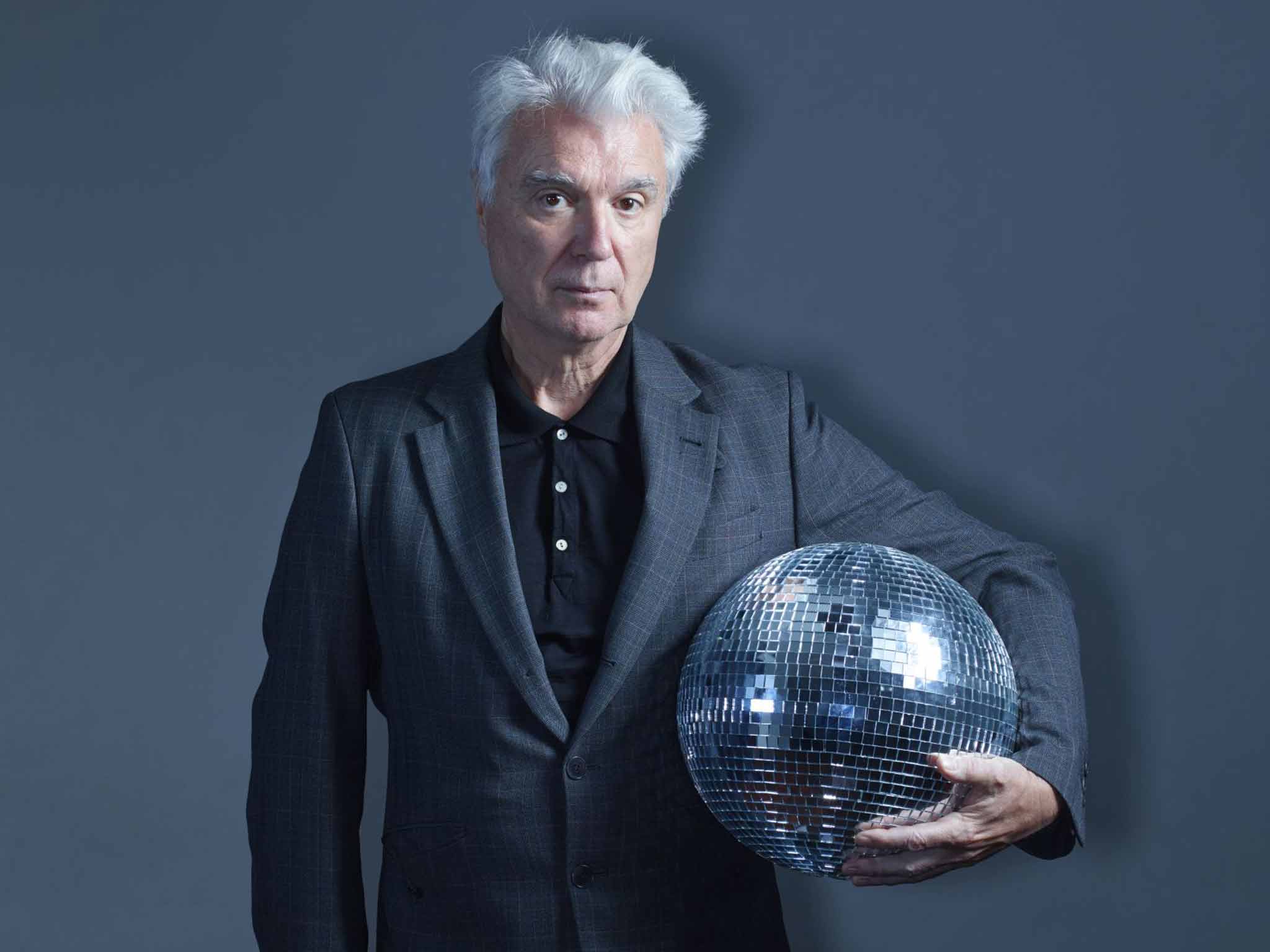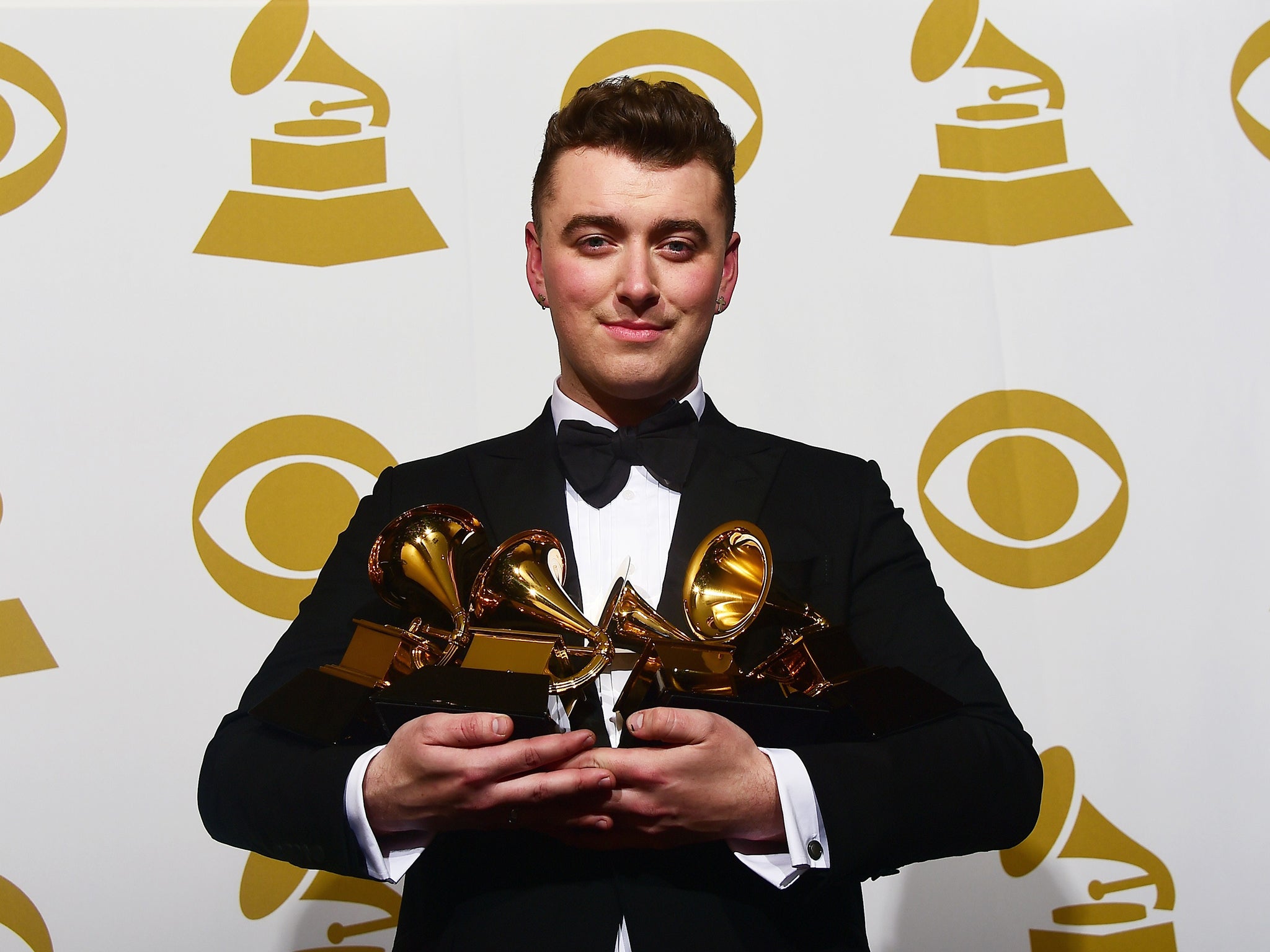David Byrne: Record companies siphoning money from streaming websites instead of paying royalties
Byrne accused record companies of deliberately masking how much cash they make from streaming websites, which pay artists pennies per play

Record companies are siphoning money from streaming websites into secret “black box” accounts, instead of paying royalties to the artists who recorded the songs, David Byrne has claimed.
The former Talking Heads frontman called for more transparency from major labels and streaming services over the fees which musicians receive when their music is played on platforms like Spotify and the recently-launched Apple Music.
Byrne, curator of this Summer’s Meltdown festival at the Southbank, accused record companies of deliberately masking how much cash they make from streaming websites, which pay artists pennies per play.
Writing in the New York Times, Byrne claimed that “about 70% of the money a listener pays to Spotify (which, to its credit, has tried to illuminate the opaque payment system) goes to the rights holders, usually the labels, which play the largest role in determining how much artists are paid.”
“The labels then pay artists a percentage (often 15% or so) of their share. This might make sense if streaming music included manufacturing, breakage and other physical costs for the label to recoup, but it does not. When compared with vinyl and CD production, streaming gives the labels incredibly high margins, but the labels act as though nothing has changed.”
Byrne, who founded the acclaimed Luaka Bop world music record label, asked Apple Music to explain the calculation of royalties for its three-month free trial period. “They said they disclosed that only to copyright owners (that is, the labels). I have my own label and own the copyright on some of my albums, but when I turned to my distributor, the response was, ‘You can't see the deal, but you could have your lawyer call our lawyer and we might answer some questions.’”
Byrne quoted a leaked email which showed that Spotify had agreed to pay the Sony Music giant more than $40 million in advances over three years, in return for its catalogue.

However the singer discovered that artist royalties from streaming disappear into a pot called “Black Box revenue” – a name given to income collected by record companies from streaming which is not directly linked to a particular artist or song. Byrne said the money was distributed arbitrarily, citing Sam Smith’s massive hit Stay With Me as an example. “They might give him 3% (of gross revenue) - or 10%. What's to stop them?”
Byrne wrote: “Even as the musical audience has grown, ways have been found to siphon off a greater percentage than ever of the money that customers and music fans pay for recorded music. Many streaming services are at the mercy of the record labels (especially the big three: Sony, Universal and Warner), and non-disclosure agreements keep all parties from being more transparent.” The musician added: “By opening the Black Box, the whole music industry, all of it, can flourish.”
Enjoy unlimited access to 100 million ad-free songs and podcasts with Amazon Music
Sign up now for a 30-day free trial. Terms apply.
ADVERTISEMENT. If you sign up to this service we will earn commission. This revenue helps to fund journalism across The Independent.
Enjoy unlimited access to 100 million ad-free songs and podcasts with Amazon Music
Sign up now for a 30-day free trial. Terms apply.
ADVERTISEMENT. If you sign up to this service we will earn commission. This revenue helps to fund journalism across The Independent.
Byrne praised Taylor Swift for forcing Apple to “back off a plan not to pay royalties during the three-month free trial period for Apple Music - but we still don't know how much Apple agreed to pay, or how they will determine the rate.”
Byrne, who co-wrote the musical Here Lies Love with Fatboy Slim, said Spotify had help save a piracy-ravaged music industry. The streaming service this week unveiled an exclusive track from Prince, who had previously withheld his music and is racking up more than 3m plays a day from the new One Direction single, Drag Me Down, a surprise release on the platform.
A report into “Transparency and Money Flows in the Music Industry”, published last month by the Berklee Institute for Creative Entrepreneurship, supports Byrne’s contention. “Despite all technological possibilities to track digital music streams at any time in any place on the Net, the money flows has become more obscure than ever before,” it found. “It is nearly impossible for artists to control if their royalty payments are correct. They have to trust in the music streaming services and record labels reporting.”
Join our commenting forum
Join thought-provoking conversations, follow other Independent readers and see their replies
Comments